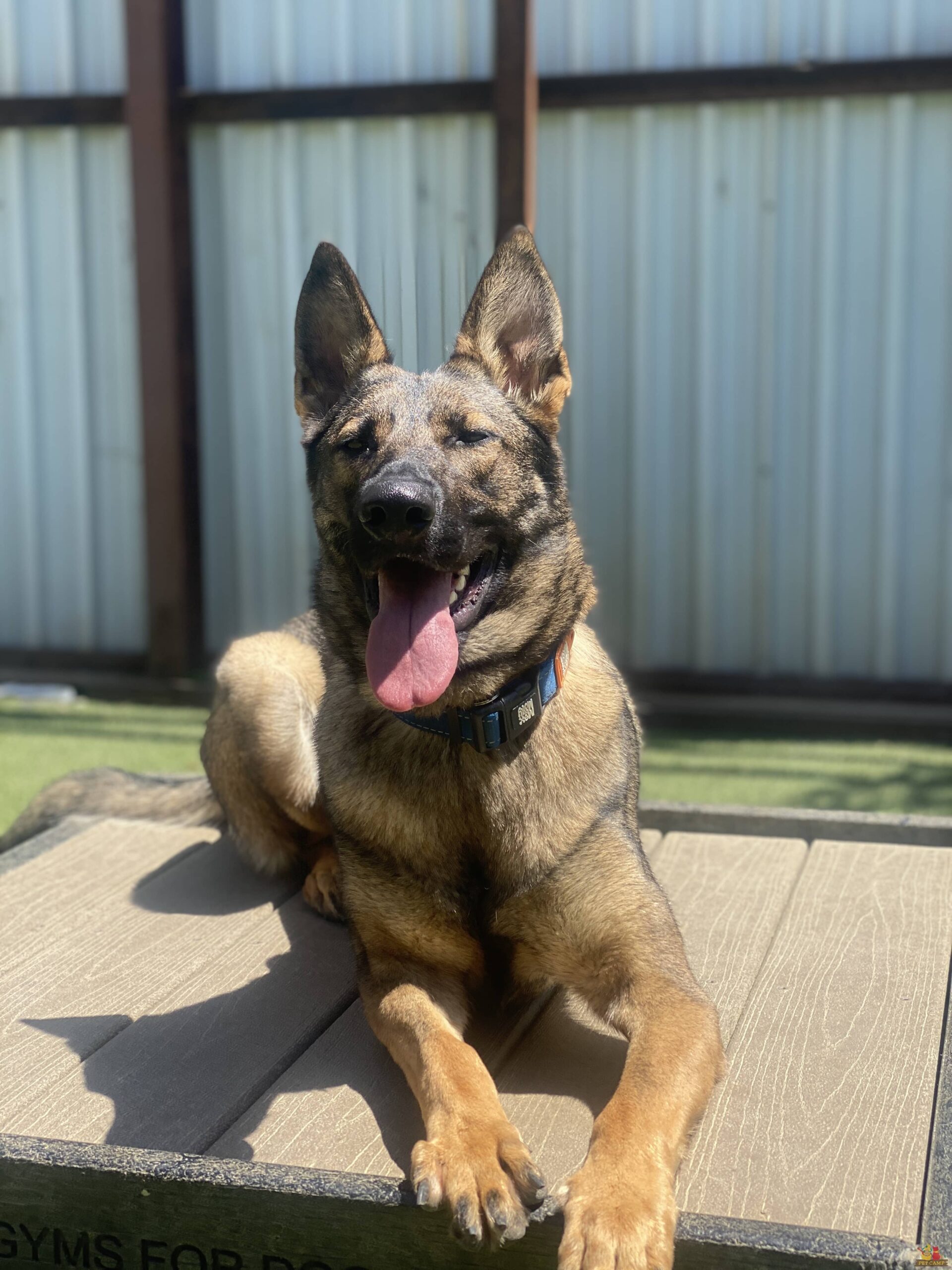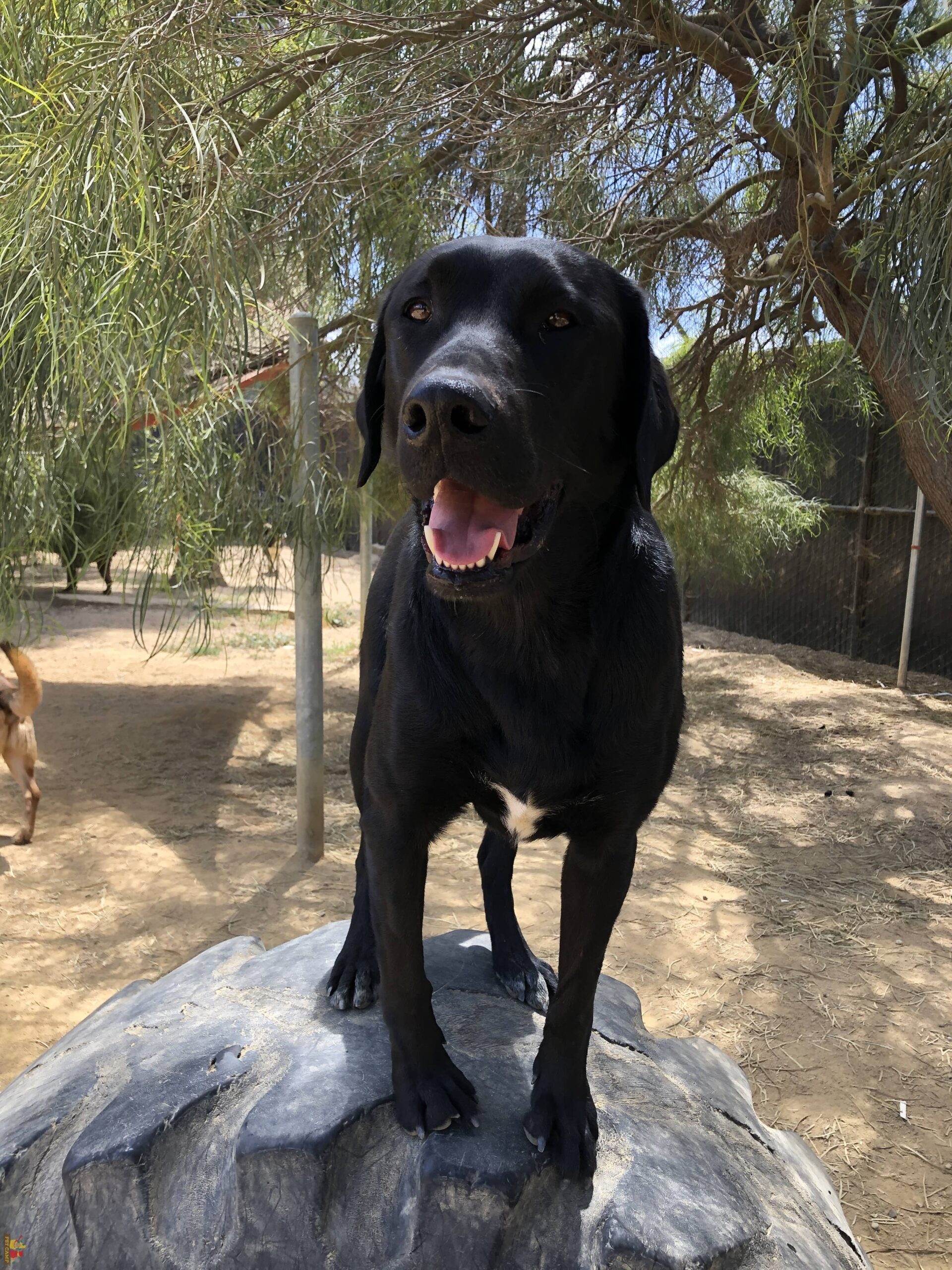 For several years, Pet Camp has been offering two levels of dog training primarily focusing on the skills necessary to succeed in an urban or suburban environment. Our Camper Cadet program (what we call our dog training) level 1 focuses on five skills: sit, down, look/watch me, find it and loose leash walking, while our level 2 dog training focuses on drop/take it, leave it, stay, recall, intermediate leash walking and polite human greetings. As much as we think these skills are important, perhaps of more importance is how we train your dog on these skills. We’re thrilled that our positive training methods and implementation match up with the suggestions in Tufts University Cummings School of Veterinary Medicine Your Dog newsletter.
For several years, Pet Camp has been offering two levels of dog training primarily focusing on the skills necessary to succeed in an urban or suburban environment. Our Camper Cadet program (what we call our dog training) level 1 focuses on five skills: sit, down, look/watch me, find it and loose leash walking, while our level 2 dog training focuses on drop/take it, leave it, stay, recall, intermediate leash walking and polite human greetings. As much as we think these skills are important, perhaps of more importance is how we train your dog on these skills. We’re thrilled that our positive training methods and implementation match up with the suggestions in Tufts University Cummings School of Veterinary Medicine Your Dog newsletter.
How to successfully train your dog? Here are 5 tips to make your dog training more effective
In the event that using Pet Camp’s Camper Cadet dog training program does not work for you, here are five tips the veterinarians at Tufts University point out that will make your dog training more successful:
- Do not train your dog right after they have eaten: For most dogs, food is a great motivator, but if your dog has just finished eating the motivation of food is lessened. Yes, you do not want to train your dog when they are ravenous (just like us it’s too hard to concentrate when you are starving), but you are likely to get better results before a meal than after.
- Make it a reward worth working for: Your dog is working hard to learn new skills, so make the reward something worth working for! Sure, you can use “low value” treats for basic skills or when brushing up on a skill at which your dog is already proficient, but for a new, more challenging skill, use a high reward treat.
- Take your time – be patient with your dog: Training your dog takes time. Mastering a command means mastering each small step on the way to mastering the complete skill. Getting frustrated with your dog will not make the process go faster – it will only slow things down.
- Keep it short: Your dog can only concentrate for a short period of time. Rather than training for a long period of time once a day, train your dog multiple times a day for short periods of time each time. Not only will this allow your dog to concentrate for the entire training session, but it will also help you avoid getting impatient.
- End on a positive note: Training your dog is meant to be fun and rewarding for both of you. If at the end of the session your dog makes a mistake or cannot concentrate any more, go back to something you know your dog knows, perform that one skill and end with lots of treats and hugs!

Thanks for reading.